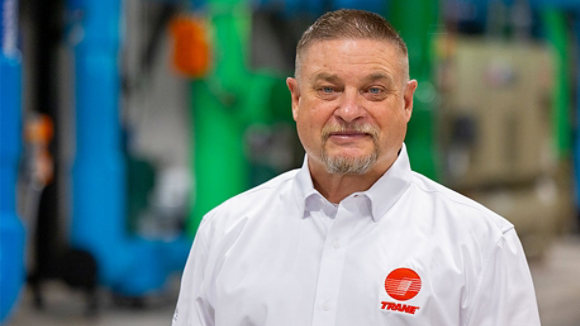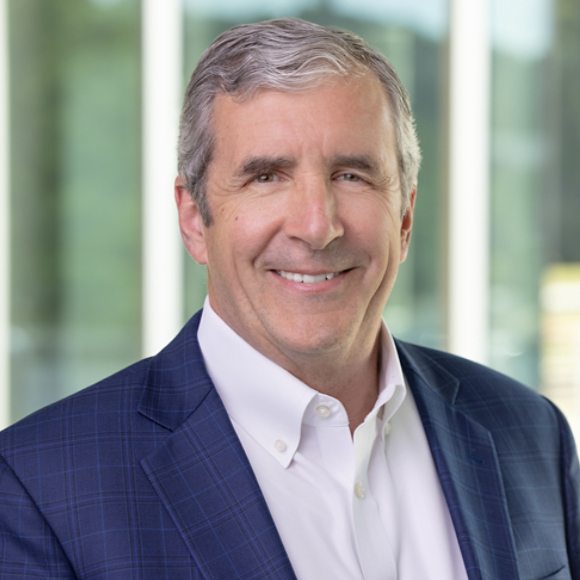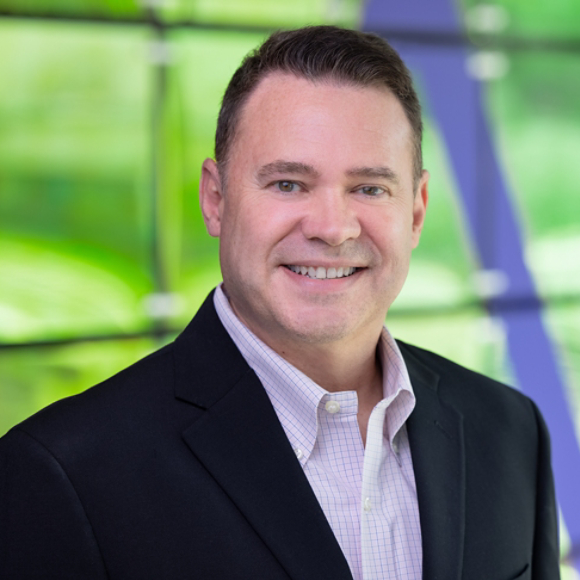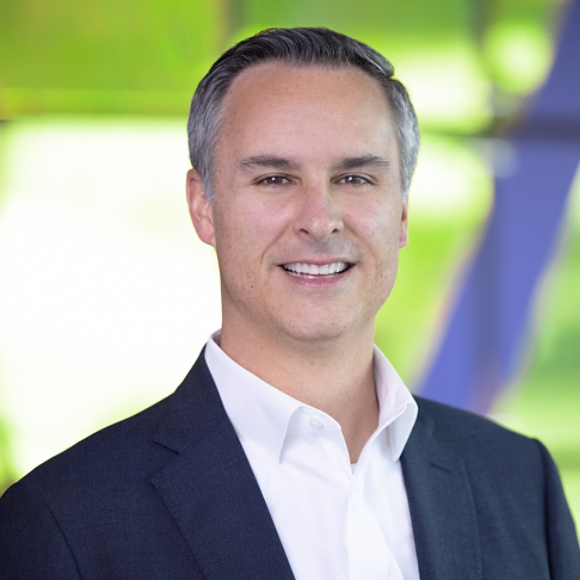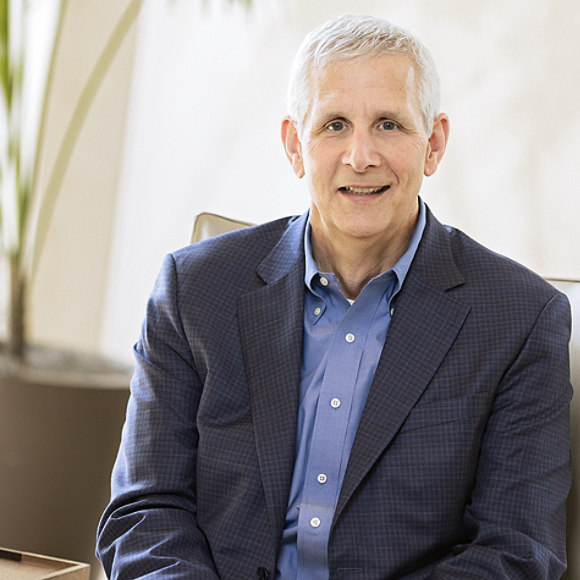October 08, 2025
Four Essential Lessons from Skills-Based Hiring
Competition for talent is fierce, but at Trane Technologies, we've discovered that skills-based hiring is the key to recruiting a highly skilled workforce from unconventional pathways.

Amidst significant economic and labor market shifts, it's crucial to establish innovative practices for recruiting and retaining talent. At Trane Technologies, every individual's unique background and perspective add value to our business. We understand that skills come from a variety of experiences, so we are building a workforce that reflects our communities with pathways to thrive at work and at home.
Transforming practice into solid strategy
In 2023, we decided to change our approach to creating pathways, programs and partnerships for some of our most critical job roles. We have always hired employees without four-year degrees, including about a third of our global workforce, but we had not systematized the process. We recognized the chance to innovate and develop a more robust talent pipeline, opening the doors for people without formal credentials or experience who showed an interest and aptitude for our business.
After several years of significant growth, creating a new talent pool of commercial service technicians had become a business imperative. These roles are mission-critical to Trane and to the industry, and they represent a large portion of our workforce. As technicians retire, the competition for recruiting new talent is fierce.
Opening the doors to opportunity more widely than ever is the key to creating a sustainable talent pipeline for these jobs.
Inspired, we launched the Trane® Technician Apprenticeship Program (TAP) to build a larger and more diverse service technician workforce. The TAP is a four-year earn-as-you-learn program nationally registered through the U.S. Department of Labor, designed to hire and train aspiring HVAC technicians regardless of education or experience.
Since launching TAP, five cohorts across more than 30 states have participated. Of those 155 apprentices, we've retained 86%. Over 95% are skilled through alternative routes rather than a four-year degree. There are more than 70 million American adults who fit this description, with skills learned through alternative routes like the military, community college or work experience in other industries.
More than one-third of our apprentices are from underrepresented backgrounds, making them a diverse group. And a third are over 30, proving that an apprenticeship is not just an early talent strategy.
In the two years since launching the TAP, we’ve gained much knowledge along our journey to codifying skills-based hiring at Trane Technologies. Here are four essential lessons we’ve learned along the way:
1. Just start.
Not moving quickly on a corporate initiative saps its energy. We could have spent years designing the perfect program; instead, we launched a fully developed and functional apprenticeship program company-wide in just 90 days!
Launching quickly required giving ourselves some grace. By taking an iterative approach, we capitalized on a sense of urgency and allowed for future enhancements. For example, we introduced an assessment that allowed candidates with relevant experience to earn accelerated placement into higher levels of the program.
We are empowered to continuously identify, evaluate and implement new ways of ensuring the experience we bring to our apprentices meets the value they bring to our organization.
2. Talent development for skills-based jobs is a holistic process
In addition to the new apprenticeship program, we're challenging traditional hiring processes and broadening our talent pools by reconsidering how we hired for other critical company roles.
We've found and eliminated barriers, like unnecessary four-year degree requirements and industry experience that wasn't needed, allowing us to build our broadest and deepest talent pools internally and externally. For more than 50 roles, including business-critical jobs such as account managers, plant supervisors and maintenance managers, we’ve removed the four-year degree requirement.
We have always focused on the whole person, and by codifying our skills-first approach into our hiring and promotion practices, we are continuing to challenge the myth that no degree means no skills. We will continue to grow and evolve our commitment to skills-based hiring.
3. Seek outside expertise
Our hiring managers and corporate executives are highly knowledgeable, yet we understood this new approach would benefit from outside experience. Our partnership with Grads of Life gave us the guidance we needed to get this process moving quickly.
Last year, Grads of Life helped us determine how to accelerate our efforts to re-credential roles, identify required skills and reconsider candidate assessments. In 2025, we continue to partner with the organization and expand our internal evolution to train hiring managers, provide them with the proper tools and resources, embed the skills-based approach within the hiring process and empower advocates to communicate these changes throughout the company.
Using Grads of Life’s Skills-First Accelerator and Skills-First Navigator, we’re identifying the places that Trane Technologies can shift its practices and protocols to better focus on skills. At the same time, we're taking steps to recredential roles, provide mentorship and guidance to hiring managers, and manage change more broadly across the organization. This external expertise has been invaluable in helping us develop a formula we can now use for multiple roles across the company.
4. Encourage employees to share their journeys
Stories about how employees followed unconventional paths and overcame barriers to become successful are powerful. Although employees are often reluctant to share parts of their background that make them appear different, their willingness to share can be inspirational for others.
People who succeed without four-year degrees tend to be resilient self-starters who take the initiative to learn the skills they need to get hired and promoted. Sharing these stories across an organization can engage other employees with similar experiences and help them feel that they’re not “less than” — just different.
One story we’re sharing is about an employee who started out on our parts counter and is now running a multi-state division that supplies HVAC parts to Trane customers throughout the South.
Another of those stories is mine. I grew up in a small rural town and was the first member of my family to graduate from college. I never felt comfortable talking about that part of my background until I was in this role – and I’ve met dozens of other coworkers who followed a similar path.
Our recent experiences developing skills-based hiring strategies demonstrate that talent can travel along many different paths. By not letting perfect be the enemy of the good and tapping into internal and external expertise, organizations can help non-degreed employees thrive. It’s good for them — and it’s good for business.
The future is ours to create.
Explore careers that make an impact at Trane Technologies
Topic Tags

 English
English



